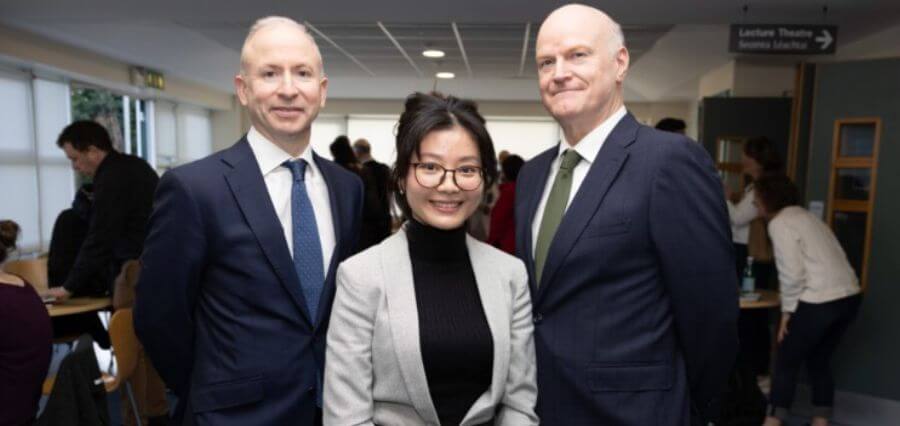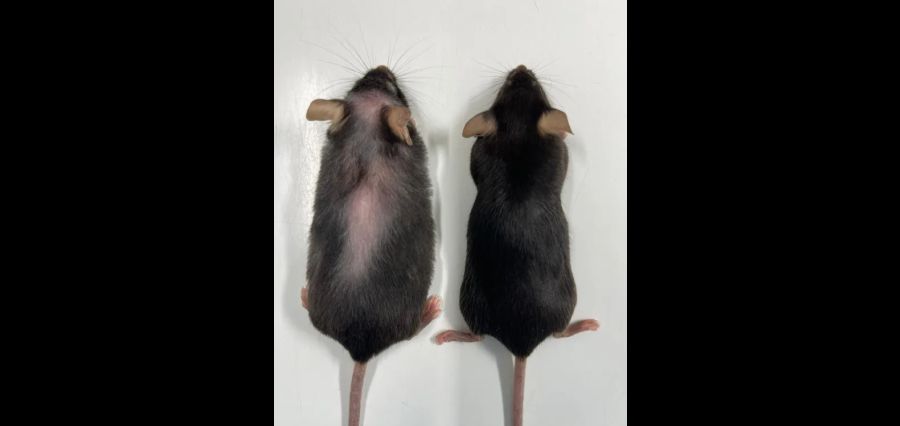Doctors at Tallaght University Hospital (TUH) are able to diagnose Alzheimer’s disease early thanks to a new AI-powered technology that is powered by a smartphone app and is being hailed as a big breakthrough. This technology also assists identification and recovery in many other dangerous disorders.
Doctors often refer to walking speed as the “sixth vital sign,” and GaitKeeper monitors it.
Because GaitKeeper is so sensitive, it can even tell you whether someone has early Alzheimer’s disease signs or other brain problems. This is significant because, starting this summer in Ireland, new medications will treat patients who are still in the early stages of the illness.
Dr. Aidan Boran, principal investigator at Dublin City University, collaborated with TUH patients, physiotherapists, and doctors to develop this innovative program.
He says, “GaitKeeper is incredibly portable and user-friendly because it analyzes a person’s gait utilizing AI computer algorithms using a single mobile phone video.
“Working with the AI, our Augmented reality app ensures the solution is very consistent and standardised in all settings.”
GaitKeeper’s development was greatly aided by the Insight Centre for Data Analytics at DCU Invent and Innovate Health at TUH, as well as by Enterprise Ireland’s Commercialization Fund Program. As the primary clinician investigator for the GaitKeeper study, Professor Seán Kennelly is a consultant geriatrician and the director of the Institute of Memory & Cognition at TUH.
He explains, “Up until now gait analysis in clinical settings has been very limited, not because it is not important, but due to the expense, inaccuracies, high level of training required and the space that equipment takes up. This new technology changes all of that.
“Using AI and AR, the GaitKeeper app captures over 20 points on a person’s body, 60 times per second as they walk, using a phone.
“This app represents a significant breakthrough and means gait assessments can be conducted by anyone, anywhere, at any time.
“Gone is the need for specialised equipment like sensors, mats, or special clothing.
“The assessments can be done in nursing homes, GP practices, outpatient clinics, on hospital wards, and even in someone’s own home.”
Walking pace can be used to track the course of chronic illnesses such multiple sclerosis, Parkinson’s disease, and arthritis as well as how well a patient is responding to treatment.
Walking speed tests, according to medical professionals at TUH, can greatly improve patient care by giving a precise and impartial assessment of a person’s functional abilities and general health.
GaitKeeper is a tool for gathering longitudinal data on metrics related to symmetry, swing, flexion, support base, and walking pace.
It is currently in use at TUH to assess the degree of frailty, hence indicating higher chances of unfavorable outcomes such falls, extended hospital admissions, and general functional decline.
The developers of this innovative new technology think that the development of easily available technology that measures minute changes in gait performance with precision and ease would improve the early identification of decreasing health and the prompt provision of care to older adults. critically, it is hoped that this will ensure that the required medical interventions take place before serious diseases or falls occur, when treatments are more expensive, time-consuming, and, most critically, result in worse outcomes for the patient.
Across the globe, healthcare systems are very concerned about frailty, especially in areas where the population is getting older. Research has indicated that reduced gait velocity in senior citizens is indicative of unfavourable consequences such as fractures, admission to the hospital, and fatality.
On the other hand, routine walking speed monitoring can direct interventions meant to keep older persons independent and prevent mobility loss.
Given its substantial influence on health services and related costs, frailty is an important concept for policymakers and healthcare practitioners to understand and manage.
Another important factor contributing to a loss in health as individuals age is falls, which in Ireland results in yearly hospital expenses over €500 million.
Read More: Click Here








